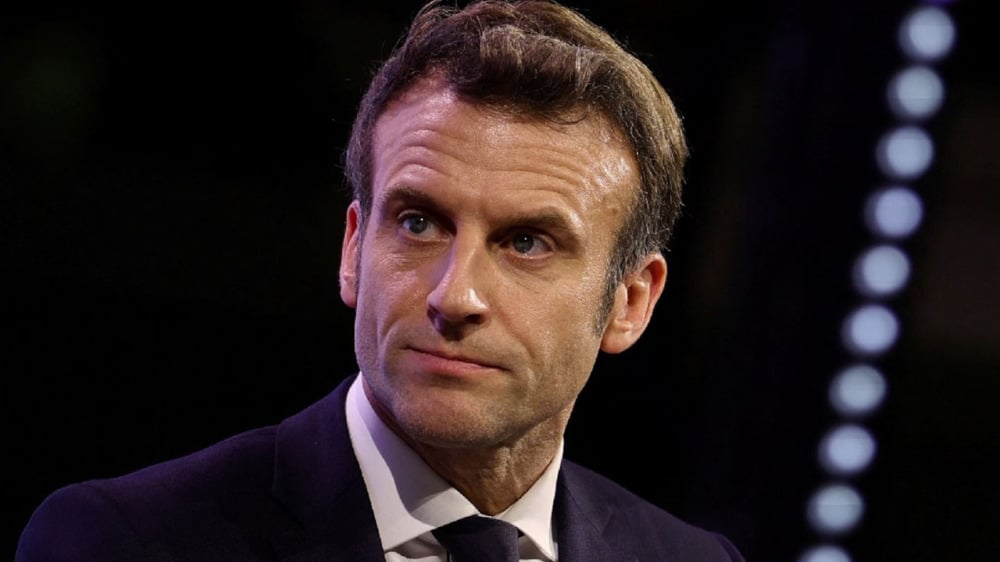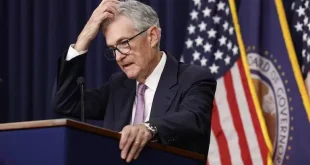
After a crushing defeat in the European Union elections, French President Emmanuel Macron suddenly announced the dissolution of the Parliament on Sunday. In his address to the nation, he also announced parliamentary elections at the end of this month. After dissolving the Parliament, Macron said that the next elections in the country will be held in two phases on 30 June and 7 July.
What did Macron say in his address?
Macron's rival Marine Le Pen's party National Rally has won a big victory in the recently held European Union elections. Disappointed with the exit polls of the Union elections, Macron said that the results are not a good sign for the parties that want to save Europe. Earlier, National Rally leader Jordan Bardella had demanded parliamentary elections in the country. Speaking on state television, Macron said, 'I have heard your message and I cannot let it go without responding. France needs a clear majority to work in peace and harmony. I cannot behave as if nothing has happened, I have decided that you should be given the opportunity to be elected, so I am dissolving the National Assembly tonight.
Expressed confidence in the people of France
In his address, Macron expressed confidence that the French people will make better decisions and choose a better government for future generations. Along with this, on the influence of the growing right-wing parties in the European Union and the country, he said that right-wing parties are progressing everywhere in Europe. I cannot involve myself in such a situation, so I have decided to dissolve the assembly and give you an option.
Macron's party lagged behind
According to the European election exit poll, the wily National Rally (RN) led by 28-year-old Jordan Bardel got around 32 percent of the votes. Whereas Macron's Renaissance party got less than half i.e. around 14 percent of the votes.
European Union elections A political and economic union of 27 European countries
The European Union is a political and economic union of 27 European countries. It has a parliament whose representatives are directly elected by European citizens. Its job is to maintain the democratic legitimacy of European law. The union is made up of citizens' representatives, who, once elected, represent themselves for five years.
 look news india
look news india
